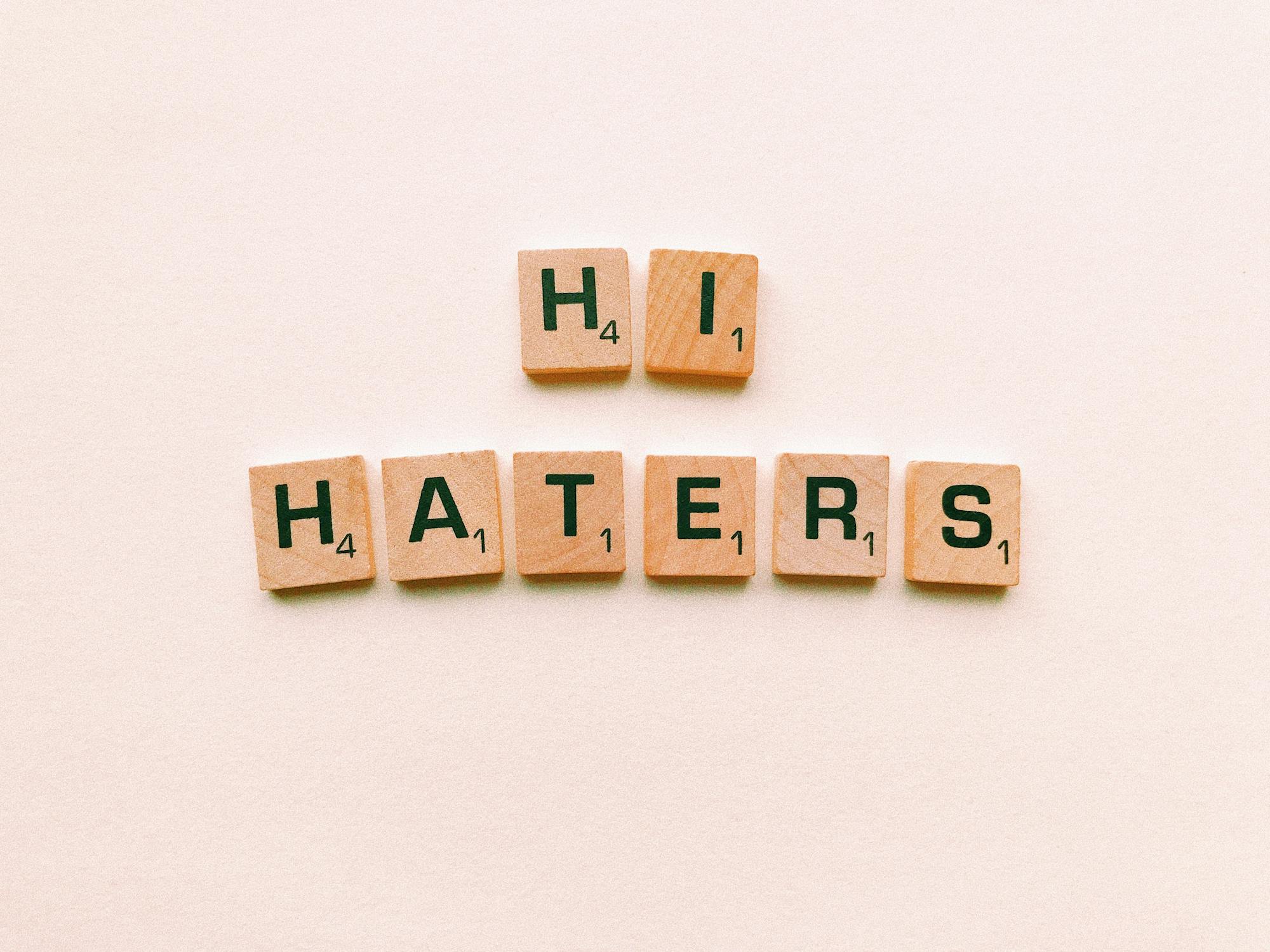 Are you a Democrat? A Republican? Something in between?
Are you a Democrat? A Republican? Something in between?
Are you a Calvinist? An Arminian? Or some hybrid of both of them?
Are you a social justice warrior? Are you one who believes social justice issues are going a bit too far? Or are you confused and not really sure where you belong?
Do you wear Nike or burn them?
I could go on and on. Pick your debate. Pick your side. It might be something that actually matters or it could even be trifling nonsense. In our day and age it doesn’t matter much—pick a side, be outraged by something.
Can we call this what it is?
Hatred.
We hate one another. This is the conclusion I came to in reading through Proverbs 10:12. I also found much help by Charles Bridges’ commentary on Proverbs. Here is what he said about this text:
Hatred, however varnished by smooth pretense, is the selfish principle of man. Like a subterraneous fire, it continually stirs up mischief and creates or keeps alive rankling coldness, disgusts, dislikes, envies, and evil surmisings. Hatred carps at the infirmities of others, aggravates the least slip, or resents the most trifling or even imaginary provocation. These strifes are kindled to the great dishonor of God and the marring of the beauty and consistency of the gospel. (Bridges, Proverbs)
What Bridges’ is saying here is that hatred does four things. First, it keeps alive ill feelings towards others. It keeps stoking the flames. Secondly, it continually finds faults at the infirmities of others. Thirdly, it turns the least little slip into a big deal. And lastly, it has deep bitterness toward the most trifling or even imaginary thing—it wants to be mad.
But contrast this with love which covers over a multitude of sins. Hatred wants to pull of the covers. It wants to expose everyone and everything. Hatred wants to view others in the worst possible light. Love on the other hand looks for ways to view people positively. Again, I appreciate the words of Bridges:
Love covers, overlooks, speedily forgives and forgets. Full of candor and inventiveness, it puts the best construction on doubtful matters, searches out any palliation, does not rigidly eye or wantonly expose a brother’s faults, nor uncover them at all except so far as may be needful for his ultimate good. To refrain from gross slander, while abundant scope is left for needless and unkind detraction, is not covering sin. (Bridges, Proverbs)
Love actually gets inventive about viewing people in the best possible light. The only time we would uncover the fault of another is to do them ultimate good. Is that really what you see on social media? Is that really what happens as we rant and rave against “the other side”? Are we looking to love people or looking to tear them down so as to win an argument for our side?
Let’s just be honest and confess that our fruits are evidence that we hate one another. I know as Christians we don’t like to admit that because we know hatred isn’t one of the fruits of the spirit. And I know that we’ve got a tendency to try to mask it as something else like righteous indignation and fighting for the truth. But we aren’t going to be healed of trying to bring in the kingdom through rage, if we don’t admit what is actually going on in our hearts. And let’s admit that this isn’t okay for us as believers in Jesus. And let’s come to Christ for the covering and redemption he provides and set out again to truly love our neighbors.
I tried applying this to my own life and God exposed some thing in my heart that I wasn’t too fond of. (See how He did that? He aims to do me good and exposes my sin in order to provide healing, not simply to beat me over the head and win an argument). I thought about ways in which I might have hatred stirring up strife in my heart/life. And I thought about what love would look like.
And it scared me.
I began making excuses. Who is going to protect me if I put a positive spin on the abusive actions of difficult people? Won’t their false beliefs spread like wildfire if I somehow cozy up to them and pretend like they aren’t in serious error? If I invent ways to view people in the best possible light, am I not just lying to myself and others?
This is where a belief in the sovereignty and justice of God helps us to actually love instead of hate. If I really believe that God is just and that God will defend my cause I don’t have to worry about defending myself. If I really believe that the gates of hell will not prevail against the gospel—that though error might have a day in the sun—then I’m free to engage arguments as they are, to call down pretenses with the gospel, but to separate people from their arguments. I can love people while engaging arguments. And I can dismiss arguments in a truly loving manner.
So I’m convinced that we truly hate one another. And maybe we hate one another because we’ve forgotten the gospel. We’ve forgotten how much Jesus has covered us. And we’ve forgotten that the Cross also means that God is absolutely just. We don’t have to fight with ungodly weapons to preserve our cherished positions. We are free to love.
—
Photo source: here
Good word, Mike! I was reminded of Titus 3:3.